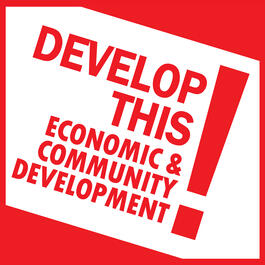
DT #548 The Impact of increased U.S. Tariffs on International Trade and the U.S. economy - David Gantz
Summary In this episode of Develop This Podcast, Dennis Fraise interviews David Gantz, a trade law expert, to discuss the current state of tariffs and international trade. They explore the chaotic nature of recent tariff threats and implementations, the historical context of trade agreements like NAFTA and USMCA, and the implications of new tariffs on trade relationships with Canada, Mexico, and China. The conversation delves into the impact on consumers, manufacturing, and the long-term effects on US relations with Canada, Mexico, and China, as well as the greatly diminished role of the WTO in global trade. Takeaways The current tariff situation is chaotic and rapidly changing. Historical tariffs like the 1930s Hawley-Smoot tariff are comparable to today's tariff levels on goods from Mexico, Canada, and China. NAFTA and USMCA have significantly shaped and improved trade relationships in North America for more than 30 years. New tariffs undermine and conflict with existing trade agreements such as the USMCA. Manufacturing shifts are influenced, inter alia, by tariff policies, both economic and political pressures, and the costs of altering supply chains. Consumers may face immediate price increases on their purchases due to tariffs imposed on Mexico and China generally, and imports of steel and aluminum from all foreign sources. Retaliatory tariffs from trading partners will escalate tensions and further disrupt trade. Long-term damage to US-Canada relations may take decades to repair. China is actively seeking new trade partnerships to mitigate US tariffs. The WTO's influence is waning as the U.S. and other countries pursue unilateral trade policies that conflict with basic WTO obligations.
From "Develop This: Economic and Community Development"


Comments
Add comment Feedback